Elon Musk: ‘mad genius’ who became world’s richest person
The Tesla CEO has been causing yet more controversy since buying Twitter
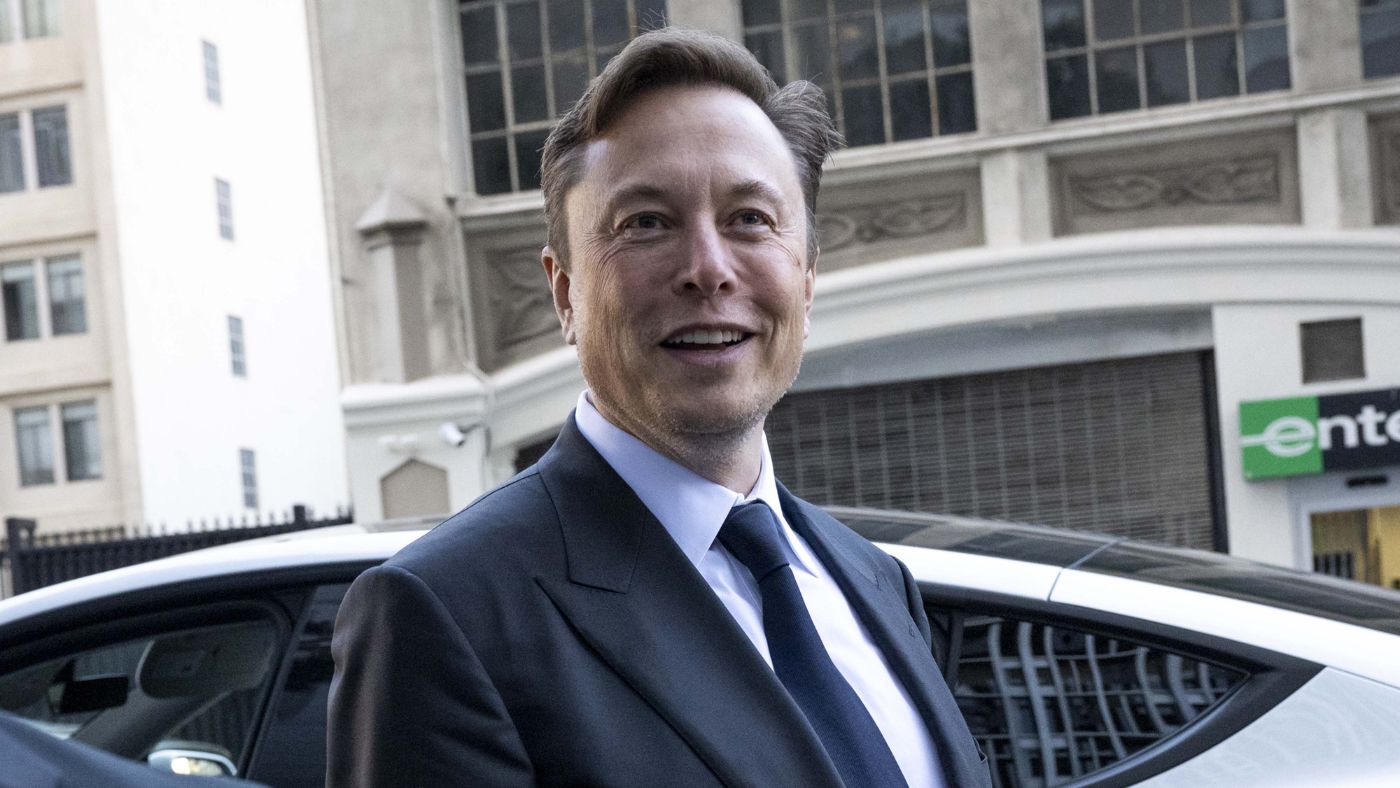
A free daily email with the biggest news stories of the day – and the best features from TheWeek.com
You are now subscribed
Your newsletter sign-up was successful
Elon Musk has continued to slash Twitter’s workforce, with roughly 200 of the company’s remaining 2,000 staff laid off at the weekend.
Days after acquiring Twitter in October 2022, Musk sacked half of the social networking company’s staff – about 3,750 of the 7,500 employees in total.
The latest sackings come amid reports that the company had deliberately made it difficult for employees to communicate with each other, said The New York Times. The internal messaging service Slack was taken offline, five former or current employees told the newspaper, meaning staff couldn’t chat with each other or look up company data. Then people began to discover they were locked out of their company email accounts and laptops.
The Week
Escape your echo chamber. Get the facts behind the news, plus analysis from multiple perspectives.

Sign up for The Week's Free Newsletters
From our morning news briefing to a weekly Good News Newsletter, get the best of The Week delivered directly to your inbox.
From our morning news briefing to a weekly Good News Newsletter, get the best of The Week delivered directly to your inbox.
Twitter has been historically loss-making and has also “struggled to generate the cash flow required to pay off the significant debts it inherited after Musk’s $44bn (£36.7bn) takeover”, said The Guardian.
Hundreds of Twitter staff have quit after the Tesla and SpaceX CEO, who has recently been named the world’s richest person again, demanded that staff commit to being “hardcore” or leave.
Who is Elon Musk?
Musk was born in 1971 in Pretoria, South Africa, to a model and dietician mother and an engineer, pilot and consultant father. He has described his childhood as “difficult”, the BBC reported, “affected by his parents’ divorce [in 1979], bullying at school and his own difficulty picking up on social cues because of Asperger’s Syndrome”.
Initially, Musk lived with his father, but they had a “notoriously troubled relationship”, said Insider. The bullying he experienced was so severe, according to the business news site, that he was once hospitalised after “bullies threw Musk down a set of stairs and beat him until he blacked out”.
A free daily email with the biggest news stories of the day – and the best features from TheWeek.com
After high school Musk moved to Canada with his mother and siblings. He studied at Queen’s University in Ontario but finished his degree in physics and economics at the University of Pennsylvania.
His early business ventures included selling homemade Easter eggs with his brother door to door, creating a simple computer game called Blastar at the age of 12, which he sold to a computer magazine for $500, and renting out a ten-bedroom frat house with university friends to turn into a nightclub.
Musk has been divorced three times, twice from the same woman, and has nine children. He had six children with his first wife, Justine Wilson, the first born of whom died of sudden infant death syndrome aged ten weeks. Musk and the musician Grimes also have two children, named X AE A-Xii and Exa Dark Sideræl, who is nicknamed Y.
A month before Musk’s second child with Grimes was born, Shivon Zilis, director of special projects at Musk’s company Neuralink, gave birth to twins fathered by him.
How did he get so rich?
After graduating, Musk travelled to California to begin a Ph.D at Stanford University, but left the programme almost immediately to work on two start-ups during the “dotcom boom” of the 1990s.
One of these was an online banking company that eventually become PayPal and was sold to eBay in 2002 for $1.5bn.
“He ploughed his fortune into a new rocket company, SpaceX – which he aimed to make a cost-effective alternative to Nasa – and a new electric car company, Tesla, where he chaired the board until becoming chief executive in 2008,” said the BBC.
“The two firms are credited with upending their industries, even as they sometimes veered close to financial collapse.”
At the point when Musk first became the richest man in the world last year, he was asked what is the secret to his wealth, said CBS News. “I own 20% of a company that became very valuable,” he said.
That company is Tesla, which has seen stock surge more than 1,100% in the past five years. SpaceX, meanwhile, aims to launch 100 rockets in 2023.
What do people say about him?
Musk’s first wife said in a 2010 Marie Claire essay that even before he made his millions he was “not a man who takes no for an answer”.
Justine Musk wrote that “the will to compete and dominate, that made him so successful in business, did not magically shut off when he came home”, adding that he told her while dancing at their wedding that “I am the alpha in this relationship”.
In a 2015 biography, author Ashlee Vance described Musk as “a confrontational know-it-all” with an “abundant ego”, reported the BBC.
“In the press, he’s been dubbed both a mad genius and Twitter’s biggest troll – known as much for his lofty ambitions as his petty fights, not to mention the more serious lawsuits he and his companies have faced from regulators, investors and others over issues such as racial discrimination and the trustworthiness of his claims,” said the BBC.
In Musk’s own words in a recent TED interview: “If you list my sins, I sound like the worst person on Earth, but if you put those against the things I’ve done right, it makes much more sense.”
-
 6 of the world’s most accessible destinations
6 of the world’s most accessible destinationsThe Week Recommends Experience all of Berlin, Singapore and Sydney
-
 How the FCC’s ‘equal time’ rule works
How the FCC’s ‘equal time’ rule worksIn the Spotlight The law is at the heart of the Colbert-CBS conflict
-
 What is the endgame in the DHS shutdown?
What is the endgame in the DHS shutdown?Today’s Big Question Democrats want to rein in ICE’s immigration crackdown
-
 Elon Musk’s starry mega-merger
Elon Musk’s starry mega-mergerTalking Point SpaceX founder is promising investors a rocket trip to the future – and a sprawling conglomerate to boot
-
 Will SpaceX, OpenAI and Anthropic make 2026 the year of mega tech listings?
Will SpaceX, OpenAI and Anthropic make 2026 the year of mega tech listings?In Depth SpaceX float may come as soon as this year, and would be the largest IPO in history
-
 Ryanair/SpaceX: could Musk really buy the airline?
Ryanair/SpaceX: could Musk really buy the airline?Talking Point Irish budget carrier has become embroiled in unlikely feud with the world’s wealthiest man
-
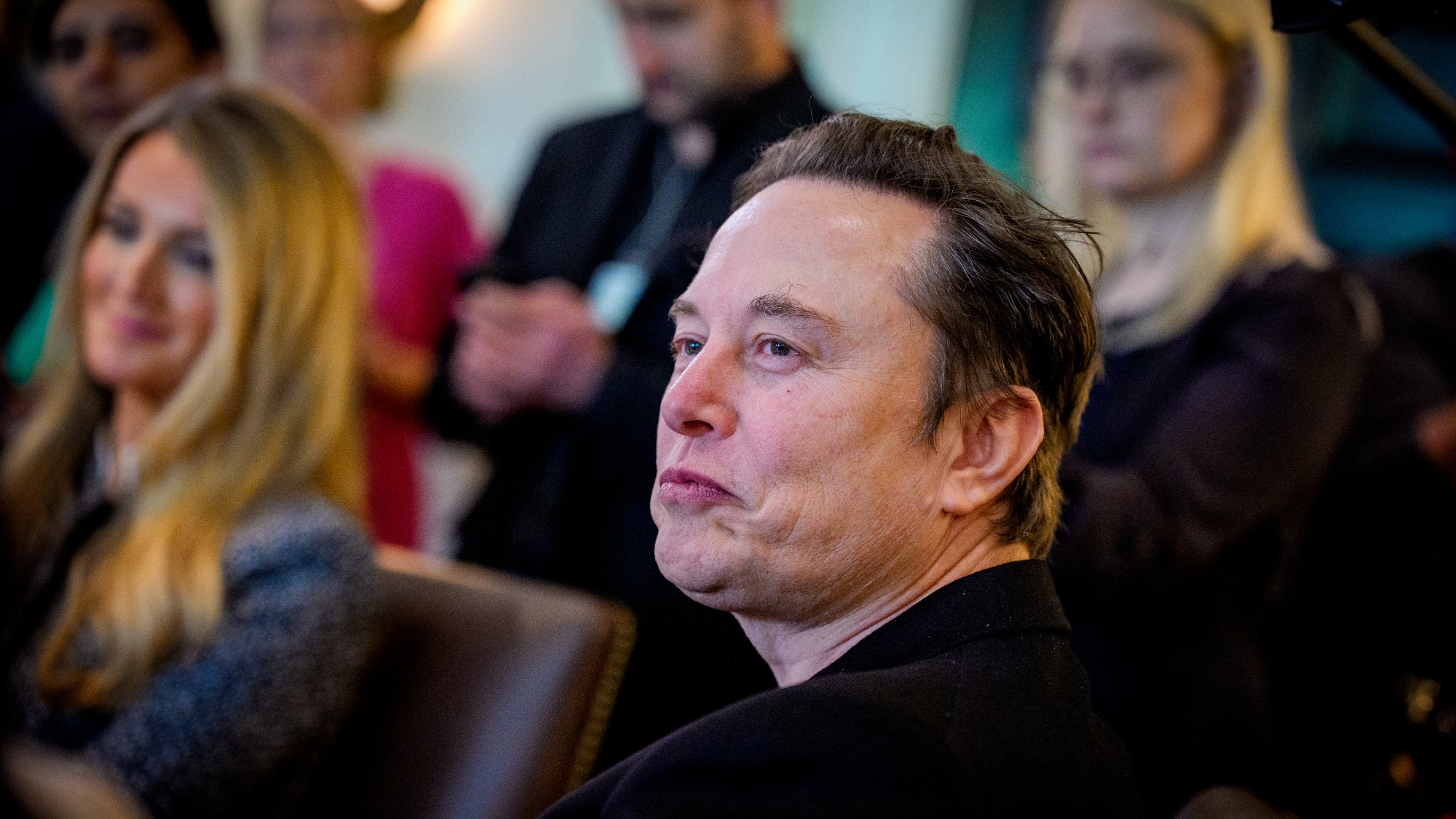 Musk wins $1 trillion Tesla pay package
Musk wins $1 trillion Tesla pay packageSpeed Read The package would expand his stake in the company to 25%
-
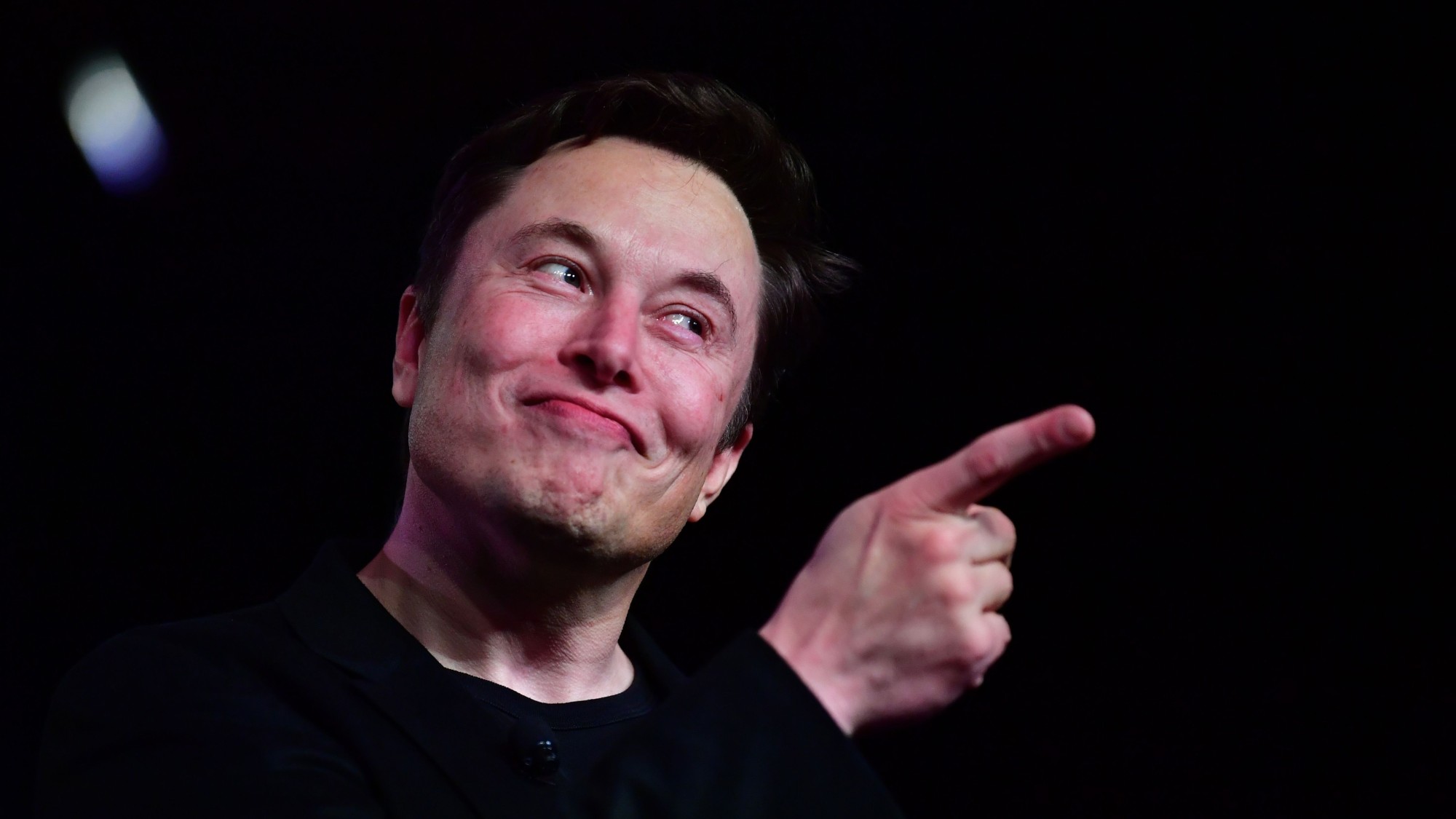 How Tesla can make Elon Musk the world’s first trillionaire
How Tesla can make Elon Musk the world’s first trillionaireIn The Spotlight The package agreed by the Tesla board outlines several key milestones over a 10-year period
-
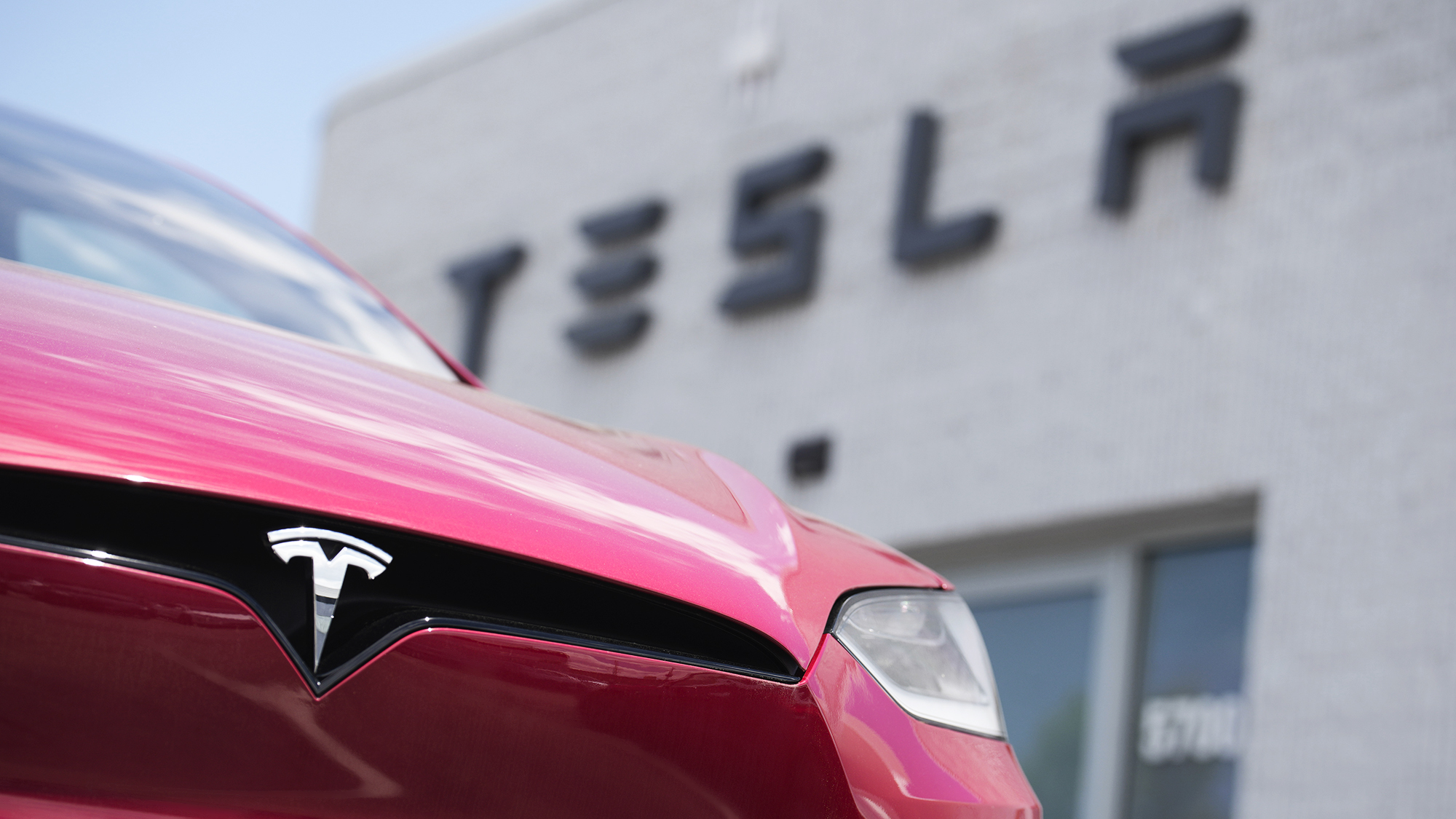 Samsung to make Tesla chips in $16.5B deal
Samsung to make Tesla chips in $16.5B dealSpeed Read Tesla has signed a deal to get its next-generation chips from Samsung
-
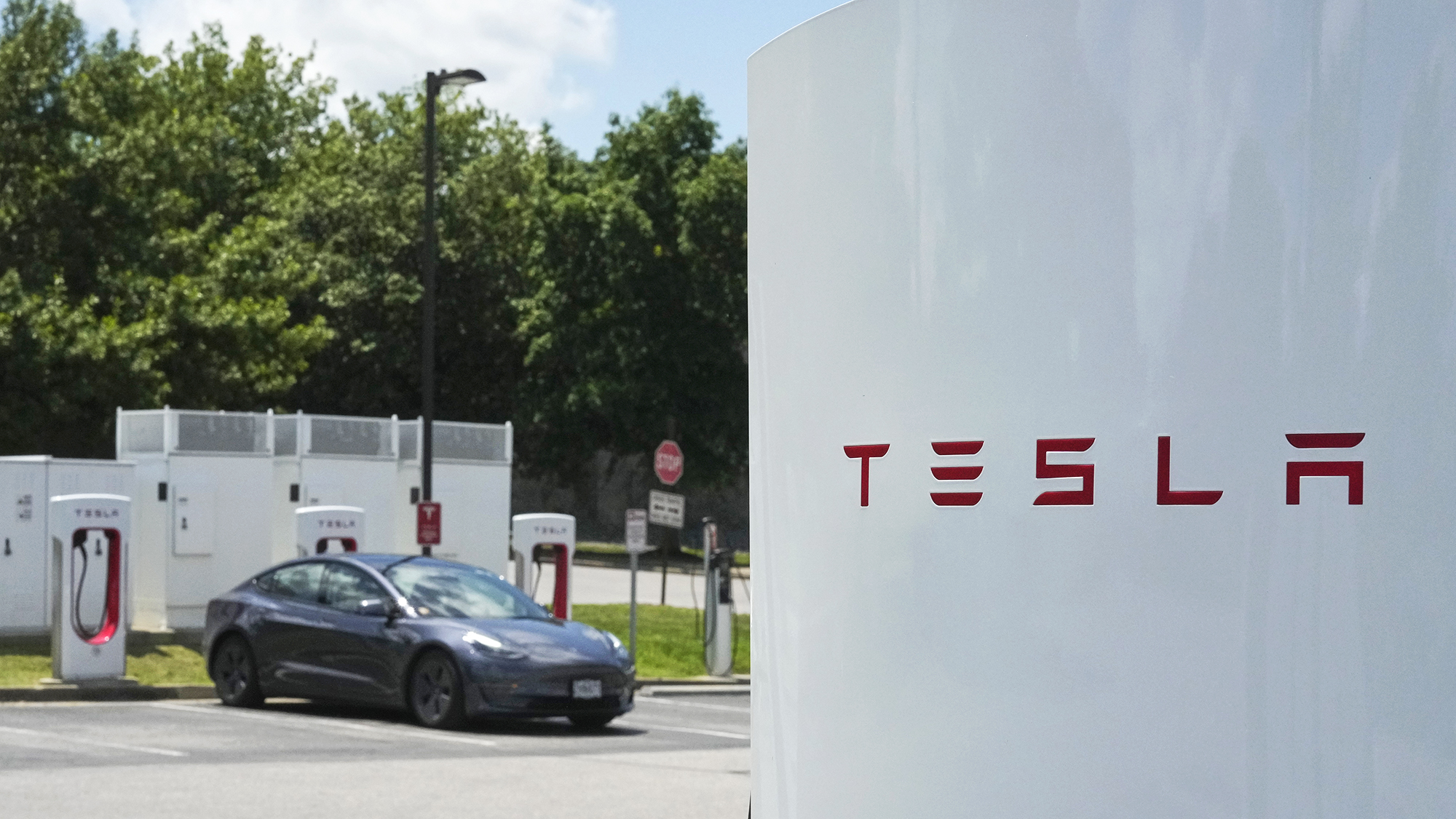 Tesla reports plummeting profits
Tesla reports plummeting profitsSpeed Read The company may soon face more problems with the expiration of federal electric vehicle tax credits
-
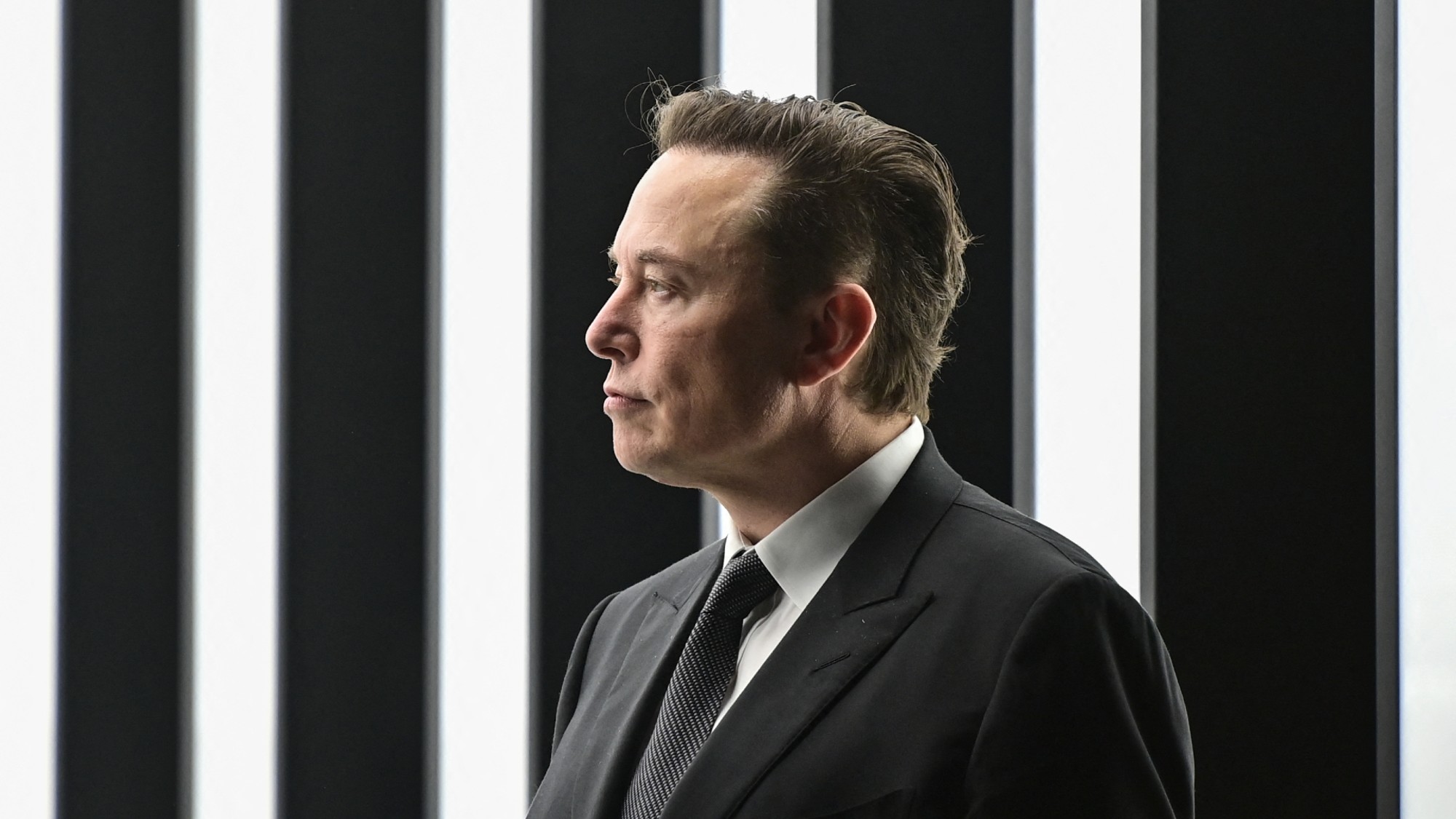 How could Tesla replace Elon Musk?
How could Tesla replace Elon Musk?Today's Big Question The company's CEO is its 'greatest asset and gravest risk'